Somewhat inevitably, Kate Forbes has issued a lengthy apology for her rather forthright comments on moral issues in the early days of the SNP leadership contest. The Scottish Finance Secretary put out a lengthy post on Facebook in which she said:
Every leader’s identity is multifaceted – I am a woman, I am a Highlander, I have a faith. Of all these characteristics, the questions over the last few days have focused on my religious faith. I feel greatly burdened that some of my responses to questions in the media have caused hurt, which was never my intention as I sought to answer questions clearly.
I will defend to the hilt the rights of everybody in Scotland, particularly minorities, to live and to love without fear or harassment in a pluralistic and tolerant society. I will uphold the laws that have been hard won, as a servant of democracy, and seek to enhance the rights of everybody to live in a way which enables them to flourish. I firmly believe in the inherent dignity of each human being; that underpins all ethical and political decisions I make.
It’s worth noting that she is not retracting any of her comments about marriage being between a man and a woman, or that children should be born within a marriage. She says she had intended to answer the questions clearly – which is refreshing and made sense given the way Tim Farron, who writes for this week’s magazine on faith in politics, spent his entire tenure as Lib Dem leader.
But speaking to SNP MPs and MSPs over the past few days, what has struck me is that a number of them who had been minded to support Forbes were concerned, not because of what she thought but by the way she expressed her views. Hannah Bardell, for instance, said that she didn’t want Forbes to be hounded by their movement for what she was saying, but that nevertheless it would have been wise to acknowledge how difficult some people might find her views if they themselves were gay, or from single-parent families. This is the ‘hurt’ that Forbes is trying to address in her statement. She is now trying to move the debate onto the other ‘facets’ around independence and economic policy.
What the row over the past few days has shown us is that suspicion of politicians who have religious beliefs remains – hence Forbes being asked these questions in the first place. In my piece in the latest Spectator, I argue that such questions are important: after all, we should want to know as much about what the people who seek to lead us are like. But what would be better would be a suspicion of anyone with beliefs – and logically that means everyone in politics, because atheists do not, as they often presume, occupy a neutral or somehow ‘default’ space. They too have their own worldview, and that can often rest on foundations that seem quite flimsy when interrogated: just look at how hard Nicola Sturgeon found it to explain her thinking on gender self-ID.
The other lesson from the Forbes row is that while giving direct answers is a better approach than obfuscation, so is showing compassion and humanity. Non-Christians often feel that they are being judged merely by a Christian holding the views they do. Forbes probably needed to make the point more exhaustively that she wanted everyone to feel they were treated with dignity by their politicians.
Got something to add? Join the discussion and comment below.
Get 10 issues for just $10
Subscribe to The Spectator Australia today for the next 10 magazine issues, plus full online access, for just $10.


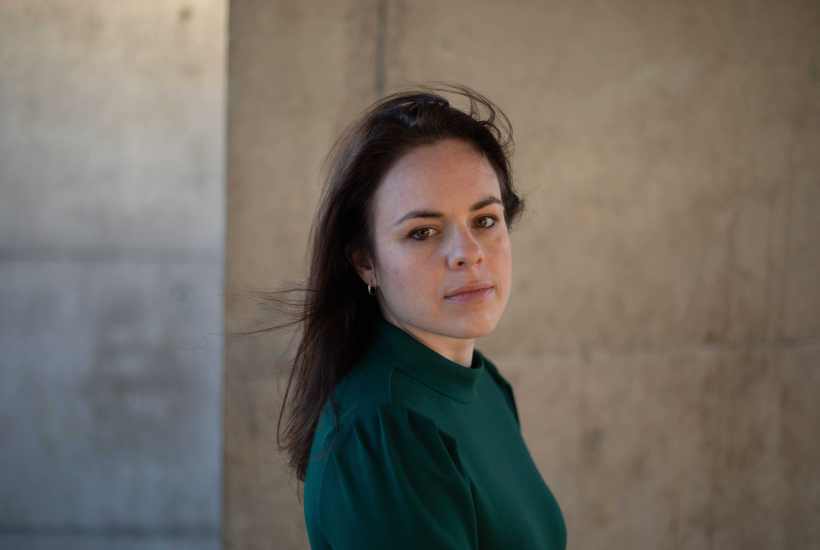
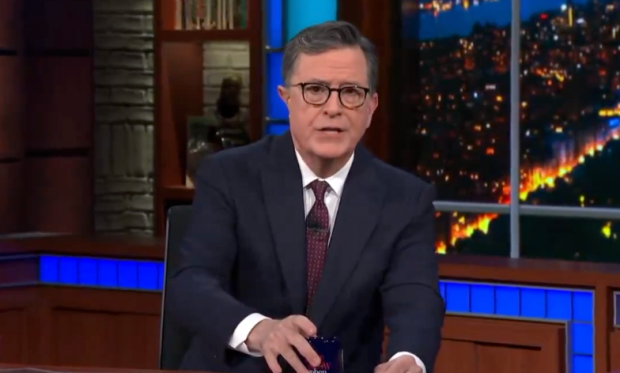
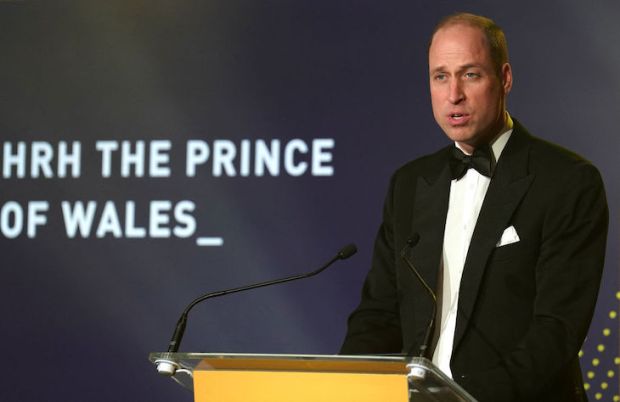
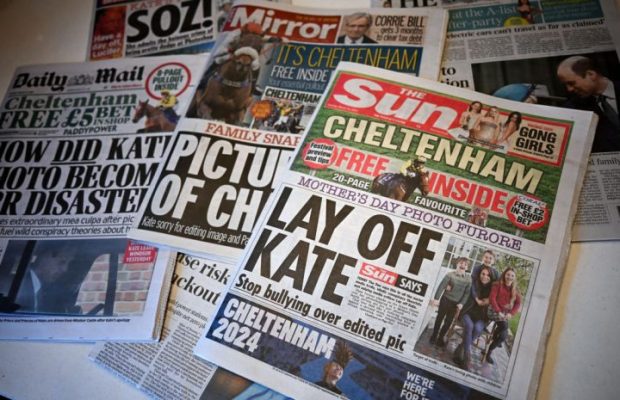

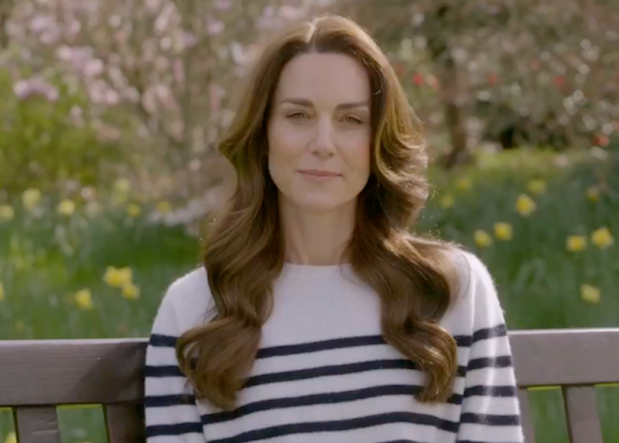













Comments
Don't miss out
Join the conversation with other Spectator Australia readers. Subscribe to leave a comment.
SUBSCRIBEAlready a subscriber? Log in